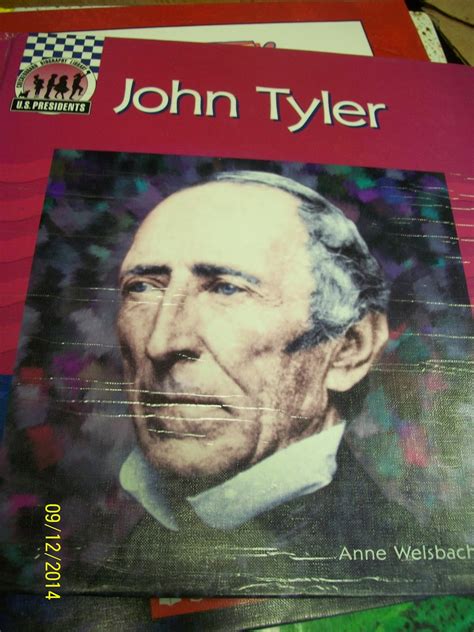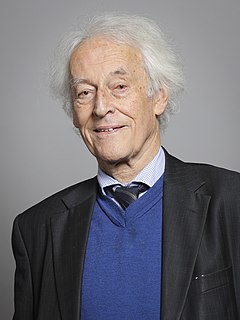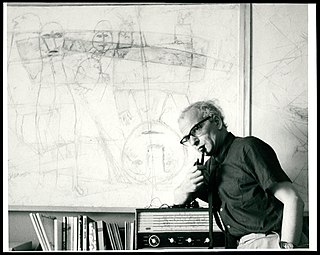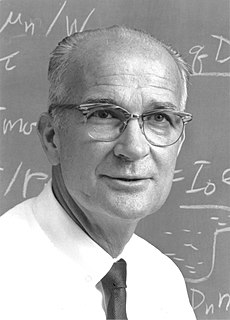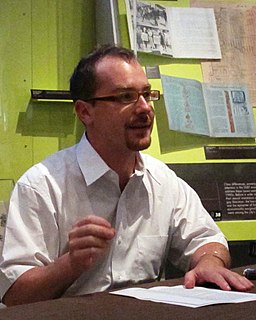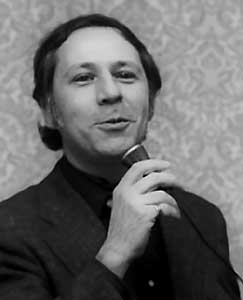A Quote by Mohamed El-Erian
The world changes! So we're in a situation today where the only policymakers that have flexibility are central banks. But they don't have the instruments! So they've had to experiment, and the more you experiment, the more uncertainty and the higher the risk of collateral damage.
Related Quotes
In terms of getting people to experiment more and take more risk, there are at least three things that immediately come to my mind. Number one, of course, is role-modeling it yourself. Number two is when people take intelligent, smart risks and yet it doesn't work out, not shooting them. And number three, being honest with yourself. If the culture you have is radically different from an experiment and take-risk culture, then you have a big change you going to have to make—and no little gimmicks are going to do it for you.
Indeed, while Nature is wonderfully inventive of new structures, her conservatism in holding on to old ones is still more remarkable. In the ascending line of development she tries an experiment once exceedingly thorough, and then the question is solved for all time. For she always takes time enough to try the experiment exhaustively. It took ages to find how to build a spinal column or brain, but when the experiment was finished she had reason to be, and was, satisfied.
Yes, when they're buying there are more buyers in the market and that's supportive of the price. The more buyers you have, the firmer the price is going to be. When central banks were selling it was a headwind the market had to overcome. Now it's a tailwind that central banks are joining the buyers.
The TV scientist who mutters sadly, "The experiment is a failure; we have failed to achieve what we had hoped for," is suffering mainly from a bad script writer. An experiment is never a failure solely because it fails to achieve predicted results. An experiment is a failure only when it also fails adequately to test the hypothesis in question, when the data it produces don't prove anything one way or another.
You're going to die soon enough anyway; even if it's a hundred years from now, that's still the blink of a cosmic eye. In the meantime, live like a scientist - even a controversial one with only an ally or two in all the world - and treat life as a grand experiment, blood, sweat, tears and all. Bear in mind that there's no such thing as a failed experiment - only data.




